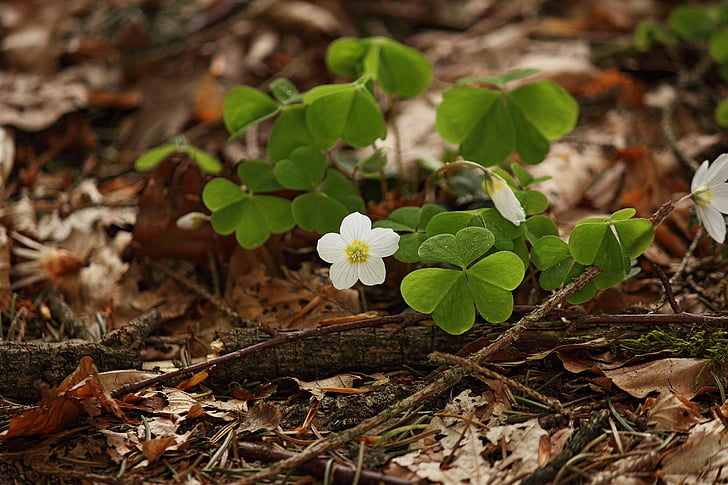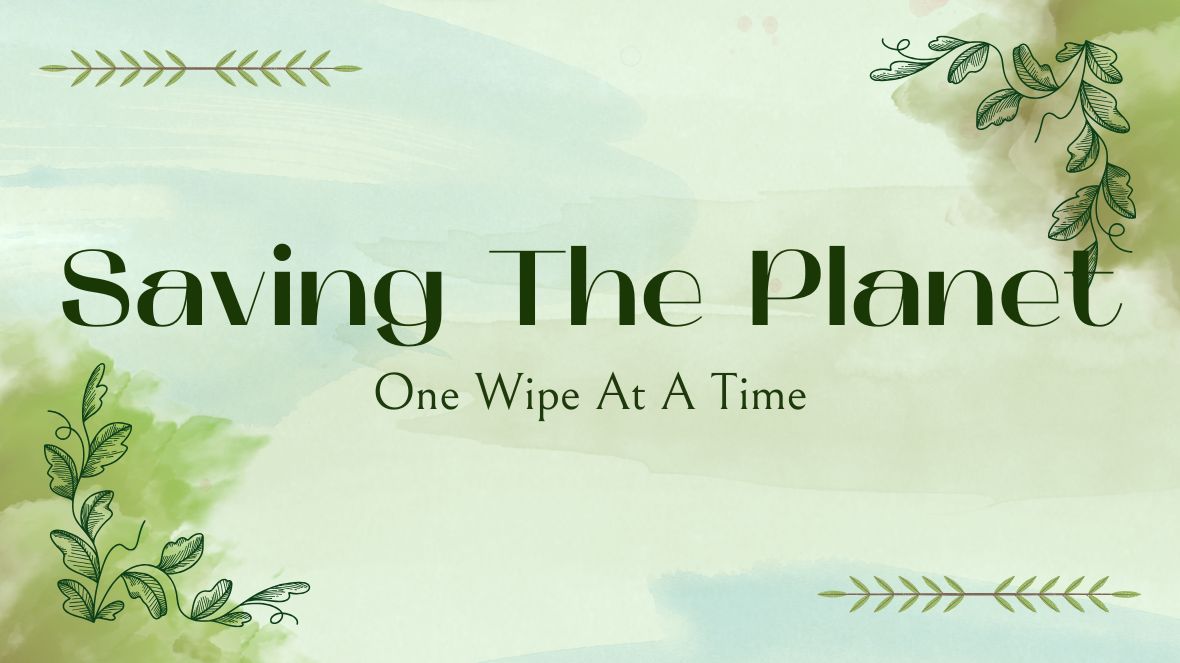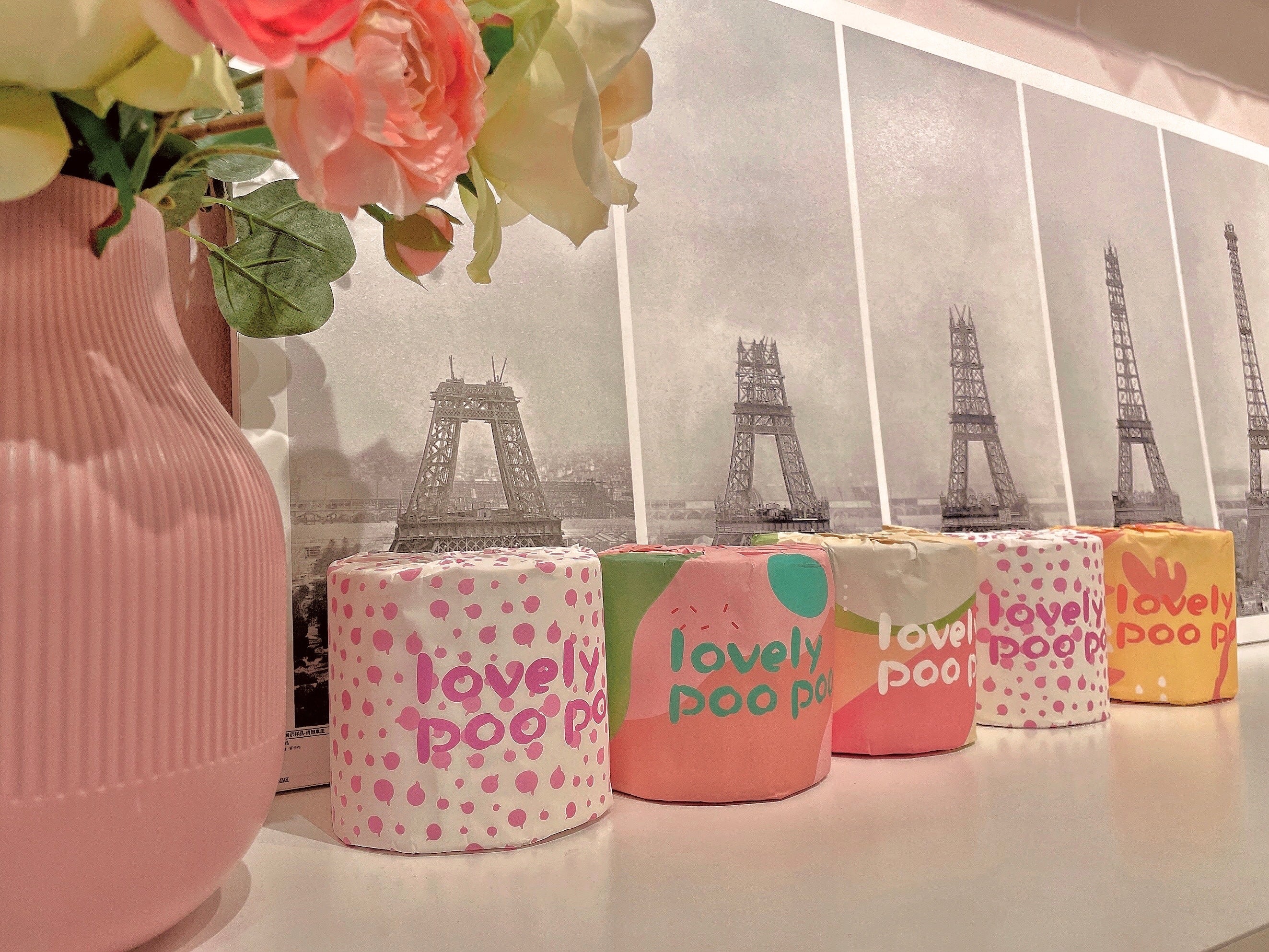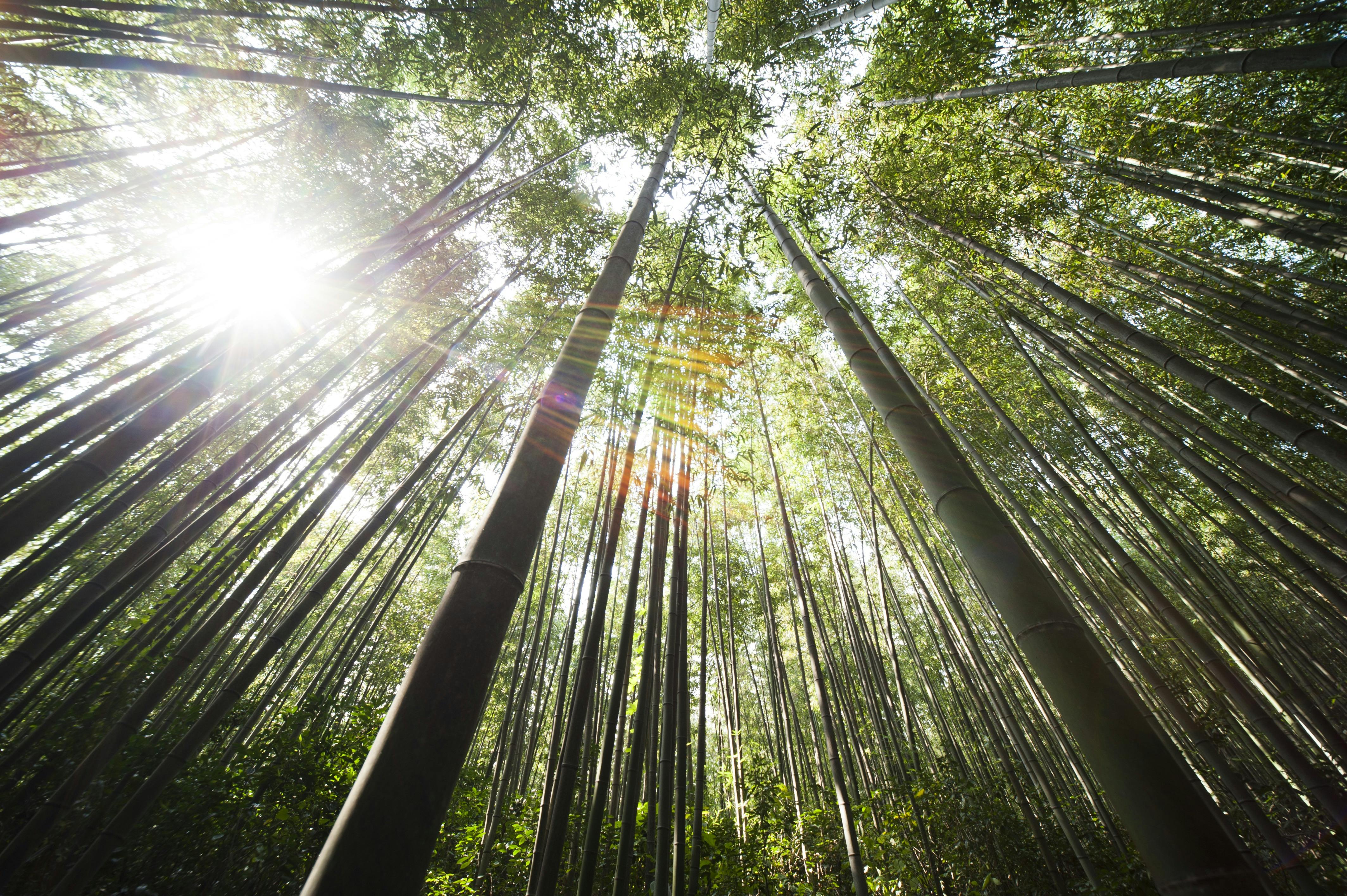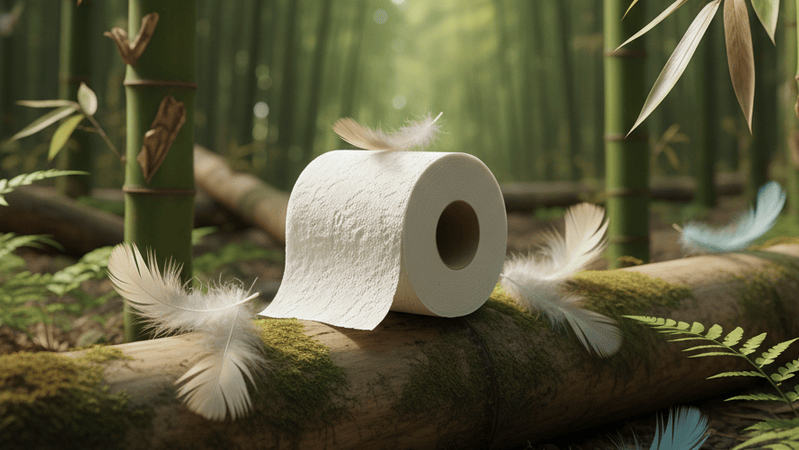In our fast-paced lives, it's easy to overlook the intricate web of life that surrounds us—the ecosystem. Just like the careful balance of nature, our Bamboo Toilet Papers at Lovely Poo Poo symbolize a commitment to sustainable living. Today, let's explore what an ecosystem is and why it's crucial to protect it for a healthier planet.
What is an Ecosystem?
An ecosystem is more than just a geographical area; it's a living community of organisms and their interactions with each other and their environment. To break it down:
- Biodiversity: Ecosystems thrive on diversity. From the tiniest microorganisms to the towering trees, each species plays a unique role in maintaining equilibrium.
- Interconnectedness: Imagine a delicate dance where every participant has a specific part to play. Predators keep prey populations in check, plants release oxygen, and insects pollinate flowers. It's a finely tuned symphony of life.
- Abiotic Factors: Ecosystems aren't just about living beings. Sunlight, air, water, and soil are crucial abiotic factors that influence the dynamics of an ecosystem.
Why Protecting Ecosystems Matters?
- Biodiversity Boosts Resilience: A diverse ecosystem can adapt better to changes. When one species is affected, others step in to maintain balance. This resilience is vital for survival in an ever-changing world.
- Cleaner Air and Water: Trees and plants, essential components of ecosystems, act as natural filters. They absorb pollutants and release oxygen, making the air we breathe cleaner. Similarly, wetlands and forests help purify water.
- Climate Regulation: Ecosystems play a key role in regulating climate. Forests, for instance, absorb carbon dioxide, a major greenhouse gas, helping to mitigate the impacts of climate change.
- Medicinal Resources: Many of our medicines have their roots in the diverse plant life found in ecosystems. Protecting these areas ensures a vast reservoir of potential cures and treatments for various ailments.
- Cultural and Recreational Value: Ecosystems aren't just providers of resources; they hold cultural and recreational significance. From traditional practices to eco-tourism, preserving these areas ensures a rich tapestry of experiences for generations to come.
What Can You Do to Protect Ecosystems?
- Support Sustainable Practices: Opt for products, like our Bamboo Toilet Papers, that are sustainably sourced. Bamboo grows rapidly and requires fewer resources compared to traditional paper sources.
- Reduce, Reuse, Recycle: The mantra of environmental sustainability holds true. Cut down on single-use items, reuse whenever possible, and recycle to minimize waste.
- Educate Others: Spread the word about the importance of ecosystems. Knowledge is a powerful tool, and collective awareness can drive positive change.
- Conserve Energy: Simple steps like turning off lights, using energy-efficient appliances, and reducing your carbon footprint contribute to a healthier planet.
- Get Involved: Support or participate in local conservation efforts. Whether it's a tree-planting initiative or a community cleanup, every action counts.
SO . . . .
As we celebrate the softness and sustainability of our Bamboo Toilet Papers, let's also celebrate the delicate balance of ecosystems that make our lives possible. By understanding, appreciating, and actively protecting these intricate networks of life, we contribute to a greener, healthier future for our planet and generations to come.
Read more:
- Discovering Nature's Soul: The Heart of Environmentalism
- Healing the Earth: Unraveling the Mysteries of Acid Rain
- The Greenhouse Effect Unveiled: How to Build a Greener World
